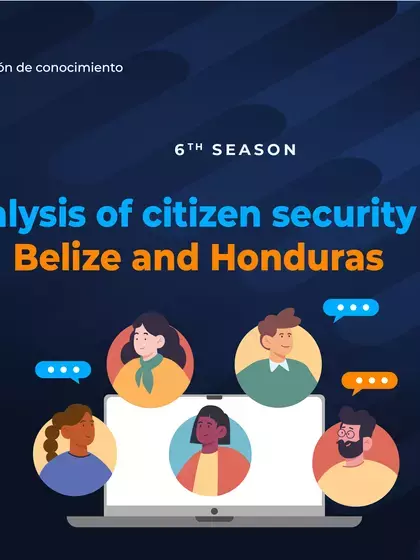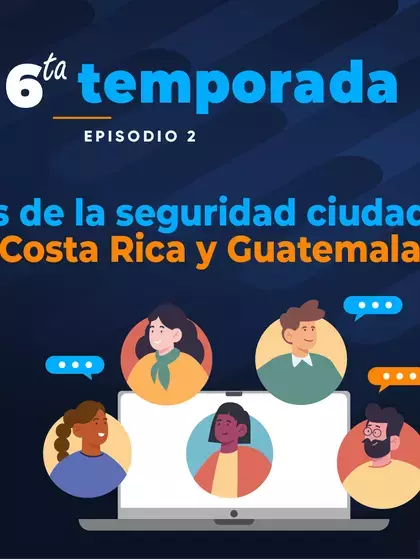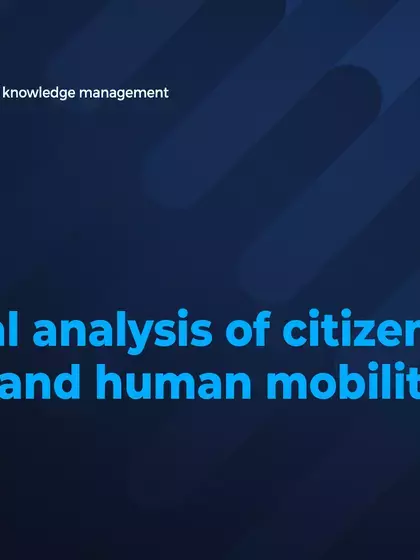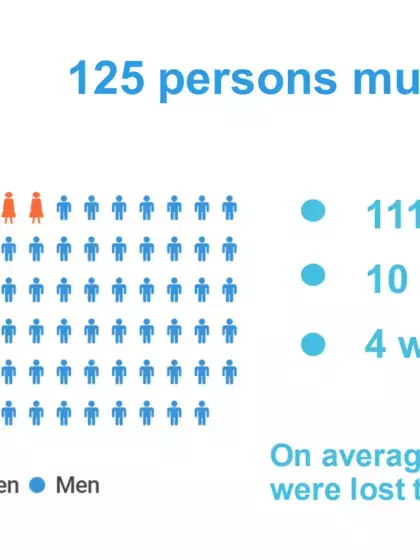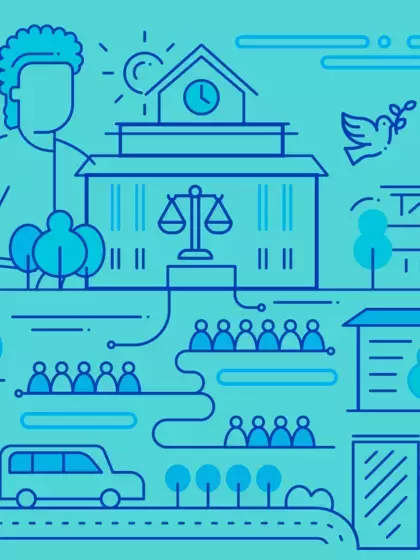DATACTION: Narratives and information contamination about vulnerable groups: The cases of Panama and Venezuela
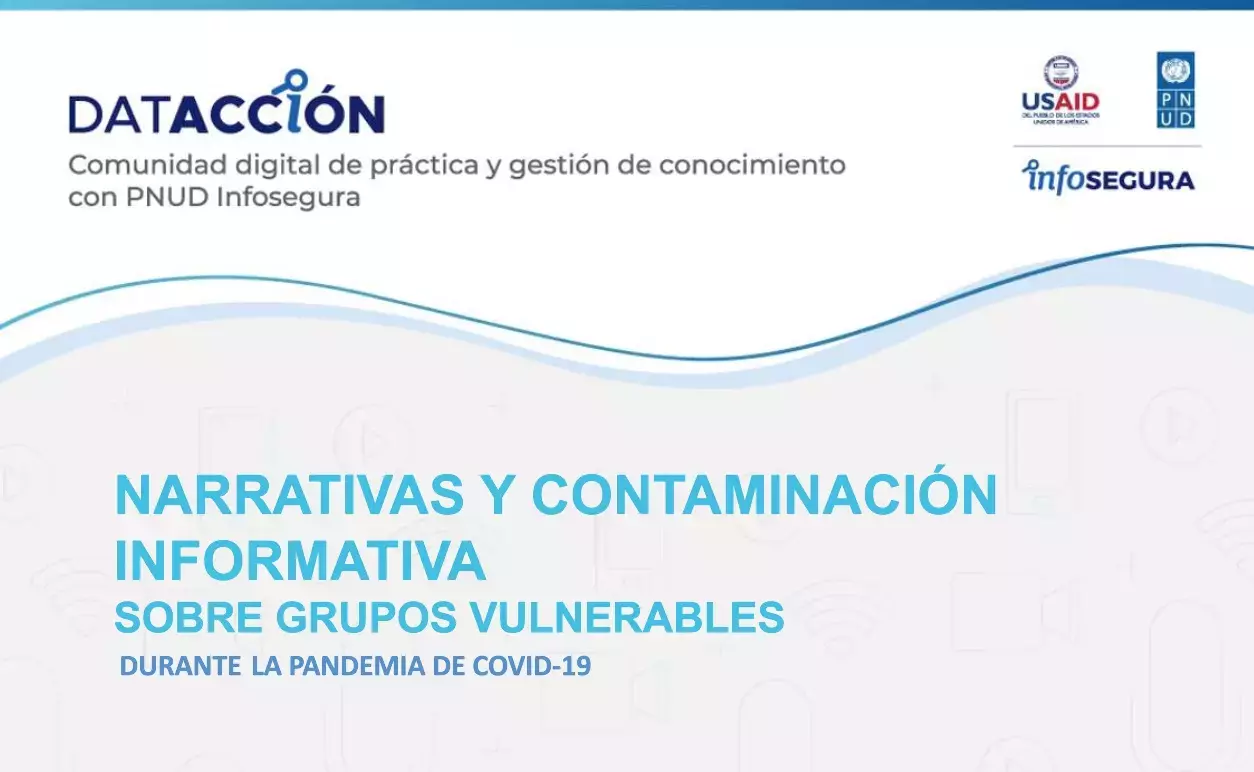
Last Thursday, August 18, episode eight of the digital community of practice and knowledge exchange, DatAction took place, with analysis of the narratives and information contamination on vulnerable groups in Panama and Venezuela.
The speakers were Aleida Ferreyra, UNDP Deputy Resident Representative in Panama, Manuel Rodriguez, UNDP Panama Communications Adviser, Daniel Barráez, Senior Economist and Director at the Centre for Human Development, Multidimensional Progress and SDGs at UNDP Venezuela, and Marcela Smutt, Regional Coordinator of UNDP InfoSegura.
"The pandemic affected us all, but it was not the same for everyone. Today we know that two years ago, as a consequence of COVID-19, different areas and especially certain population groups were deeply affected. While many of us resented not being able to get about as usual during the lockdown, many vulnerable groups of people were affected in a much more acute and differentiated way, and in this sense they were left behind." These were the webinar opening remarks by Aleida Ferreyra, UNDP Deputy Resident Representative in Panama.
For his part, UNDP Panama Communications Adviser Manuel Rodriguez analysed the situation of vulnerable groups in Panama during the COVID -19 pandemic, specifically the LGTBIQ+ community. Among his conclusions were the following:
- Narratives are framed when conservative and progressive values clash in the discussion of gender equality, the right to abortion, the values promoted by feminist organizations and spokeswomen, and the recognition of gender diversity and respect for the LGBTIQ+ community.
- The most frequent form of contamination in the confrontation between conservative and progressive values in Panama is by making unfounded accusations of homicide against adversaries.
- Only one community generates contamination, the rest of the information contamination is generated outside the main communities, by isolated users.
During the pandemic, there was a differentiated increase in the volume of discussion on gender issues in Panama.
Daniel Barráez, Manager of the Centre for Human Development and SDGs of UNDP Venezuela, based his analysis on migrants and returnees during the pandemic. The most representative findings were the following:
- During the pandemic there has been a substantial rise in the volume of discussion on social media, and in the mass media about the return of migrants to Venezuela.
- The narratives and information contamination identified on Twitter and the media can be classified into two major groups:
- Conspiracy theories about the virus coming from abroad
- Those that point to migrants returning through unofficial passages as the main vector of contagion.
- Information contamination is more aggressive on Twitter than in the mass media.
- Political polarization in Venezuela is the main cause of information contamination about returned migrants. User communities detected on Twitter on the discussion of migrants are also highly influenced by political polarization.
Marcela Smutt's concluding reflection: "There is an increasing need to find sources of information, and social media listening has an impact on myths and the construction of public opinion. We need to propose other more inclusive messages so that vulnerable populations are not left behind in development."
Watch the full episode on our YouTube channel.

